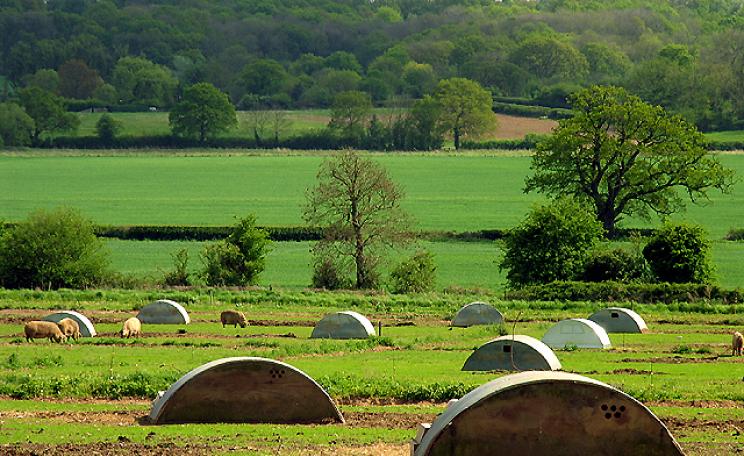We can only guarantee long term food security by protecting and managing the natural assets which enable food production.
The UK’s long-term food security will be in doubt if the agriculture bill does not include tough targets on animal welfare and the farming landscape, and to reverse the decline in natural resources, campaigners said this week.
The agriculture bill aims to establish a new system for farm payments once the UK leaves the EU. Environment secretary Michael Gove says that farmers will be paid for providing public benefits, including to the environment.
But campaigners fear that it does not go far enough on issues such as chemicals and contains no detail on implementation.
New talent
The Nature-Friendly Farming Network (NFFN) wants clear minimum standards to safeguard, maintain and enhance animal welfare, the farming landscape and the agricultural industry; measures to improve sustainability across the industry and reverse the declines in natural resources and ecosystems; and a requirement for the government to publish a progress report every five years.
Martin Lines, chair of the NFFN, said: “We can only guarantee long term food security by protecting and managing the natural assets which enable food production. If the Government does not amend the Bill to include minimum standards - and put a stop to the environmental degradation caused by intensive farming - British farmers will be in danger of losing their livelihoods.”
The NFFN, which has over 2,000 members a year after it was created, made the call at the Oxford Real Farming Conference, an event running alongside the more traditional Oxford Farming Conference but focusing on sustainability.
Strong regulation
Gove spoke at both conferences. He said that the UK was undergoing a fourth agricultural revolution, which needed to factor in environmental and social factors.
“This fourth agricultural revolution will require us to change the way we work on the land and invest in its future, will force us to reform the role of government in regulating and supporting farming; will demand new thinking and new talent in food production, and will, inevitably, require tough choices to be made,” he said.
He has commissioned Henry Dimbleby, founder of healthy fast food chain Leon, to draw up a new food strategy for the UK, he said. A spokesperson for the environment department (Defra) said that its new farming policy would maintain strong regulation alongside proportionate enforcement.
This Author
Catherine Early is a freelance environmental journalist and chief reporter for the Ecologist. She can be found tweeting at @Cat_Early76.







